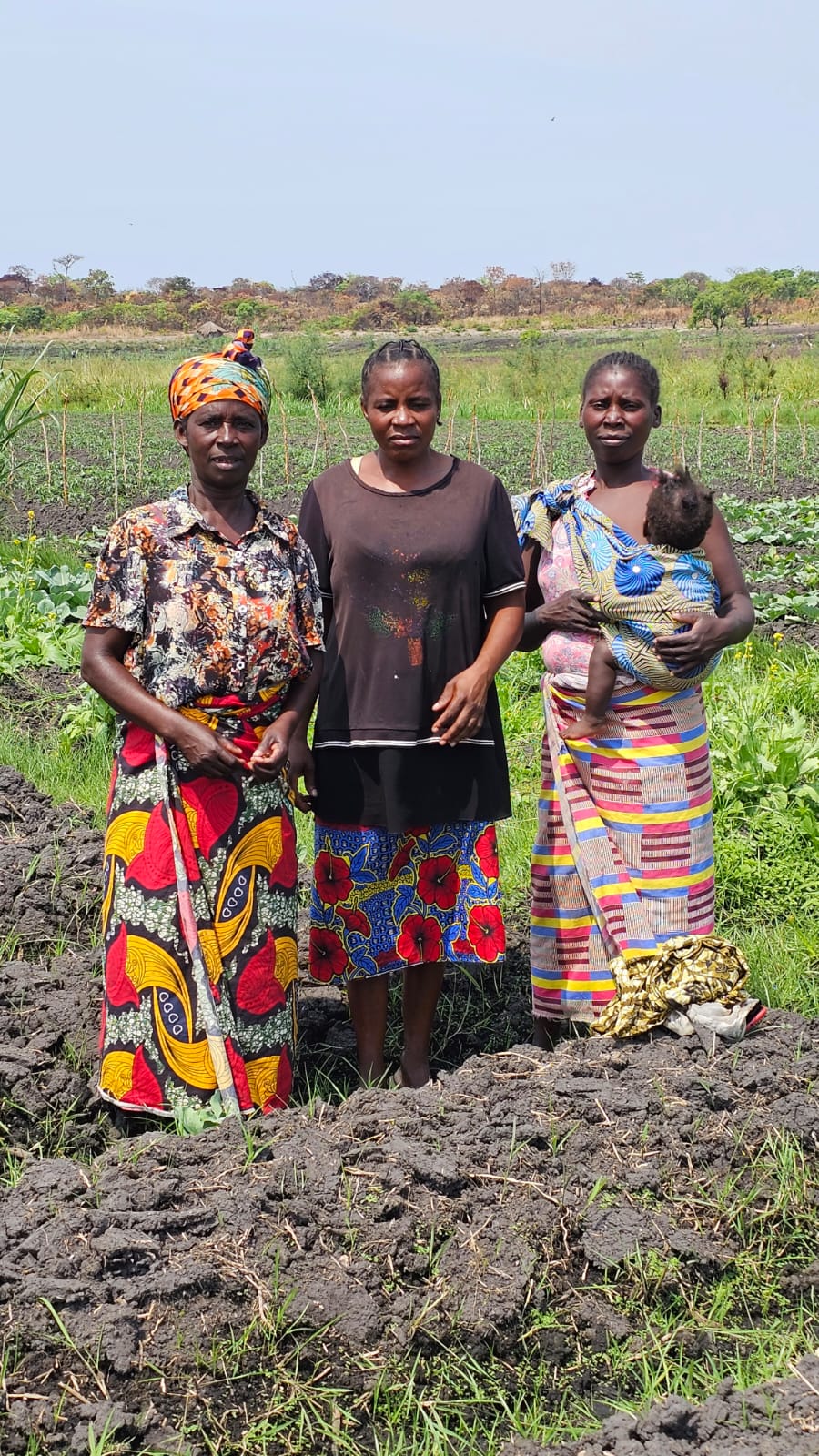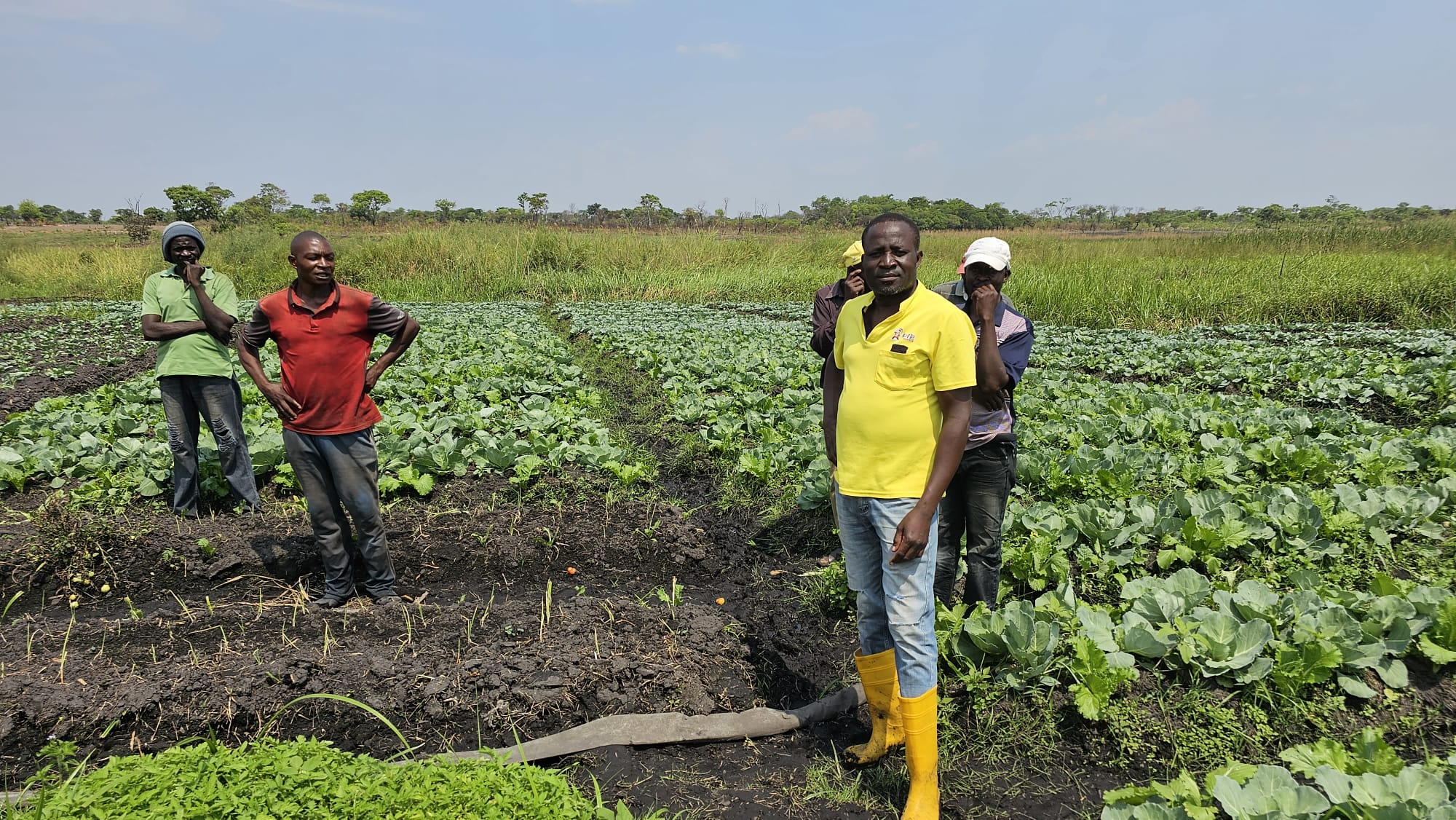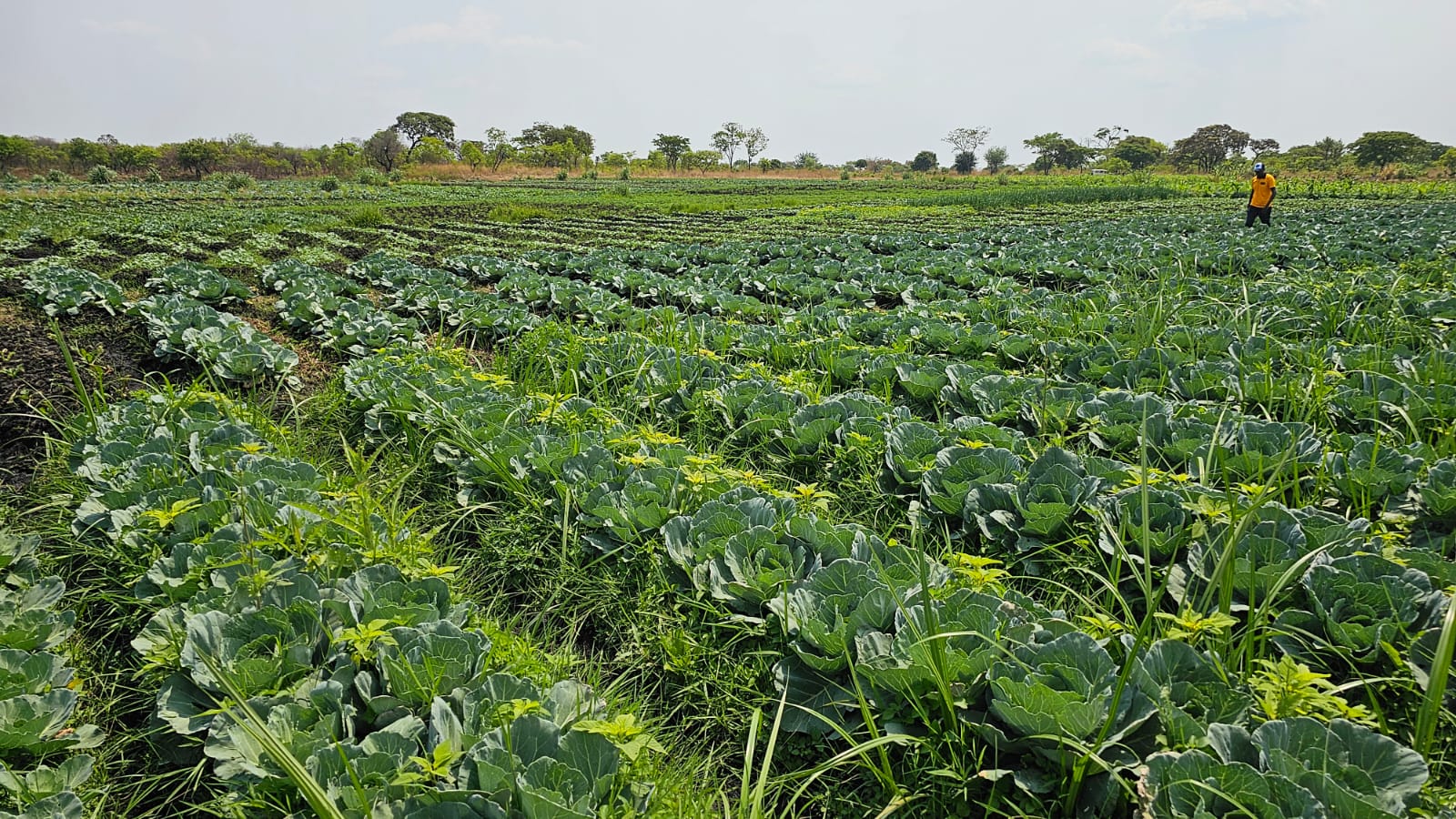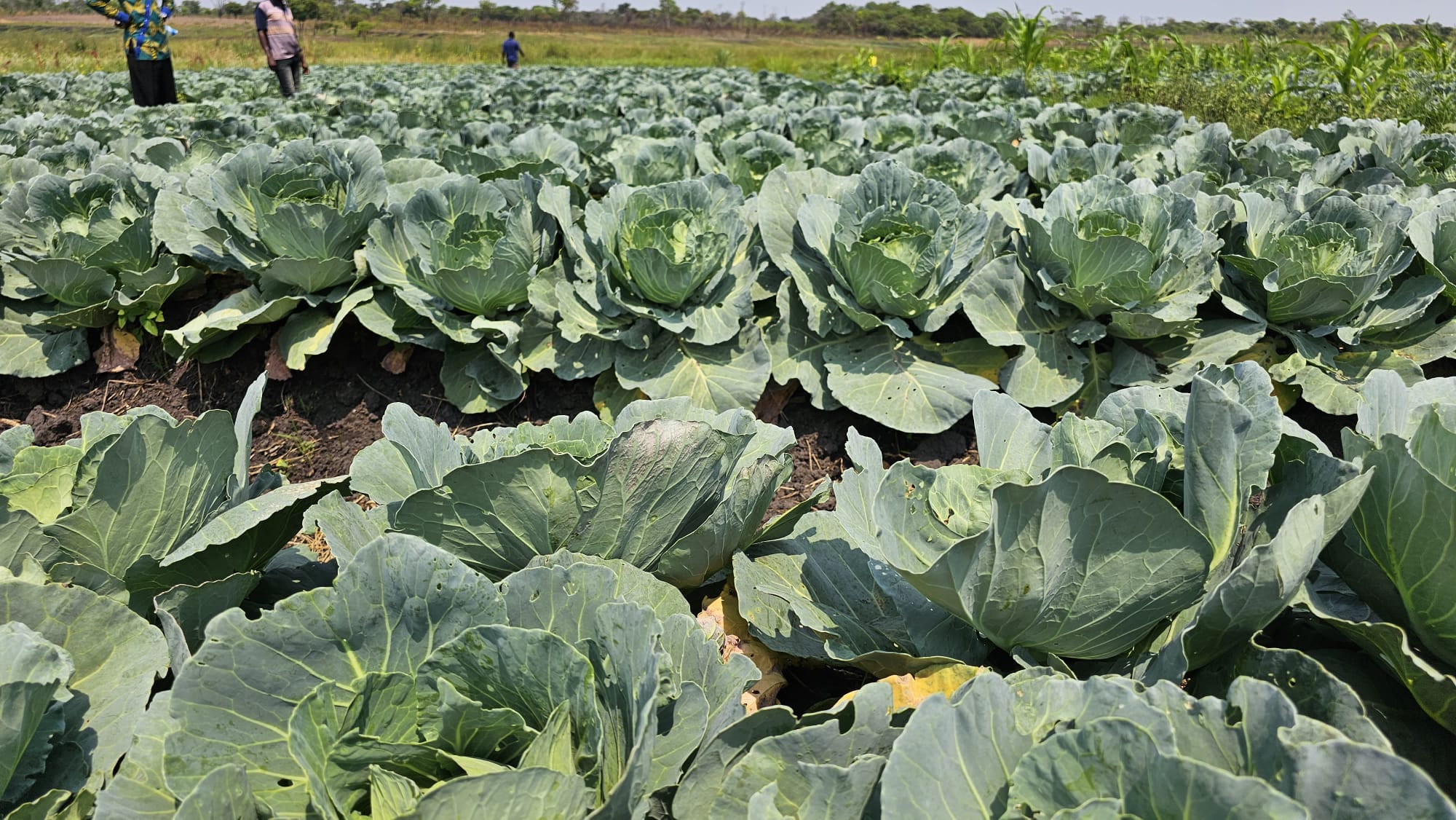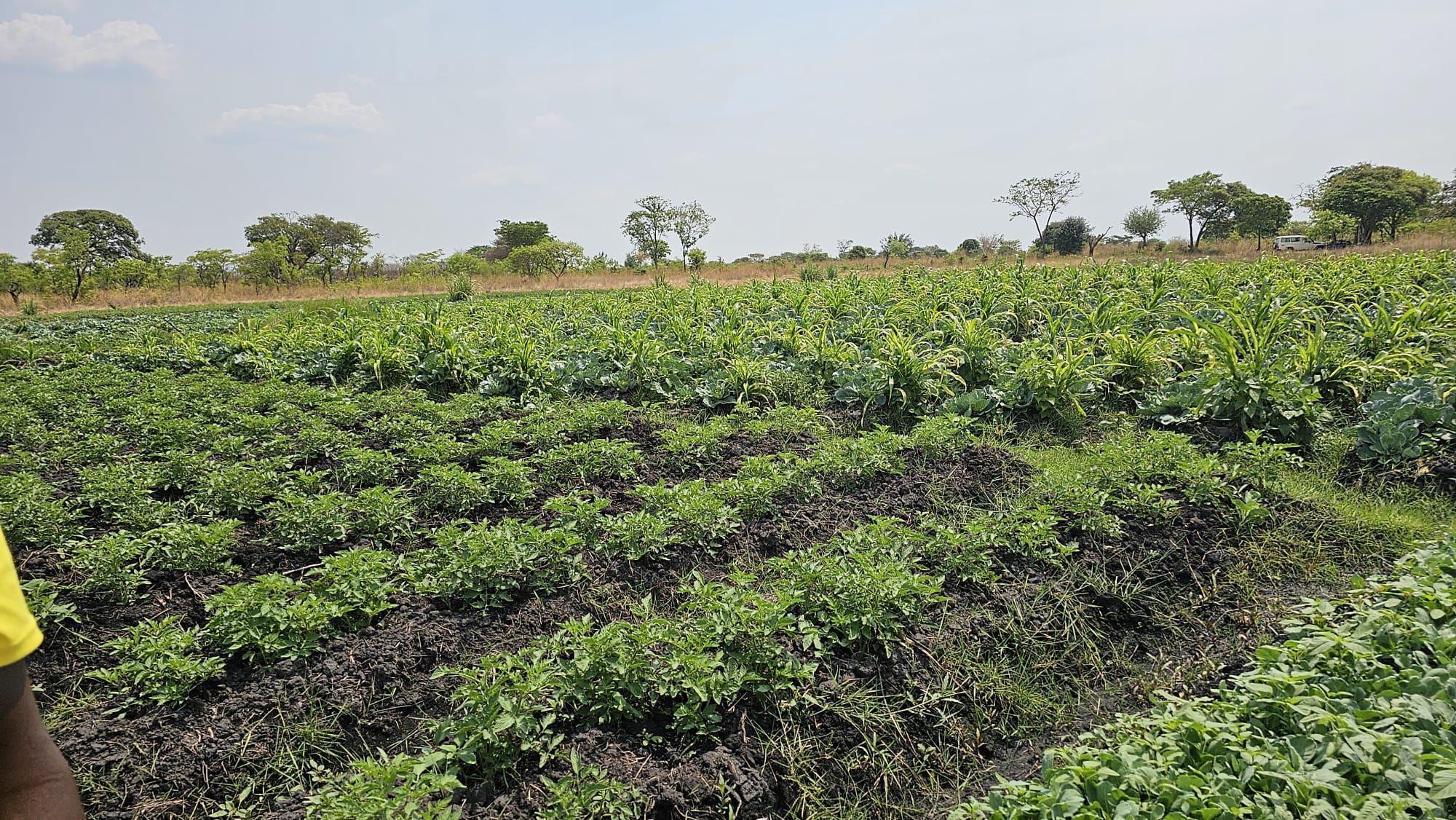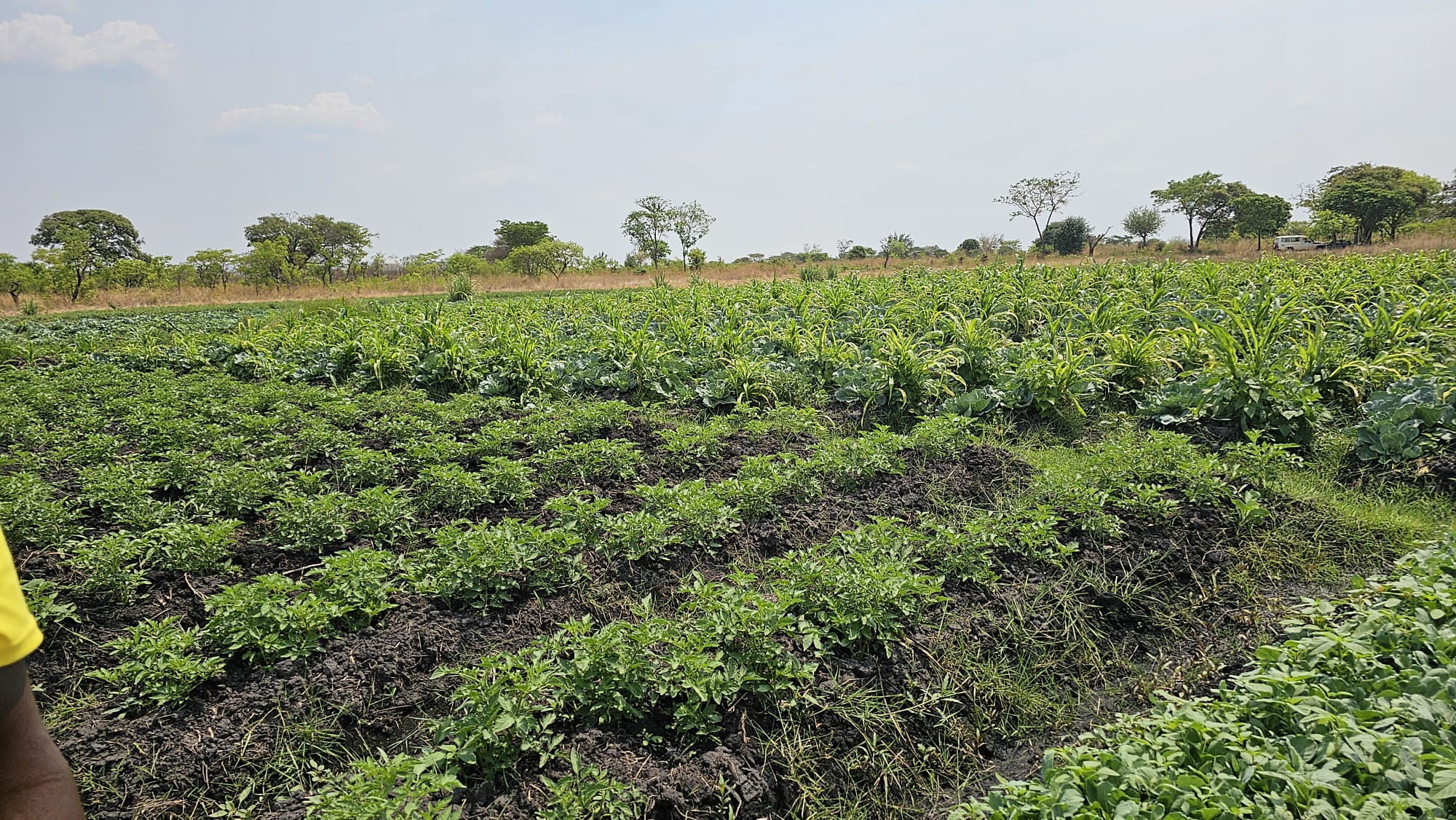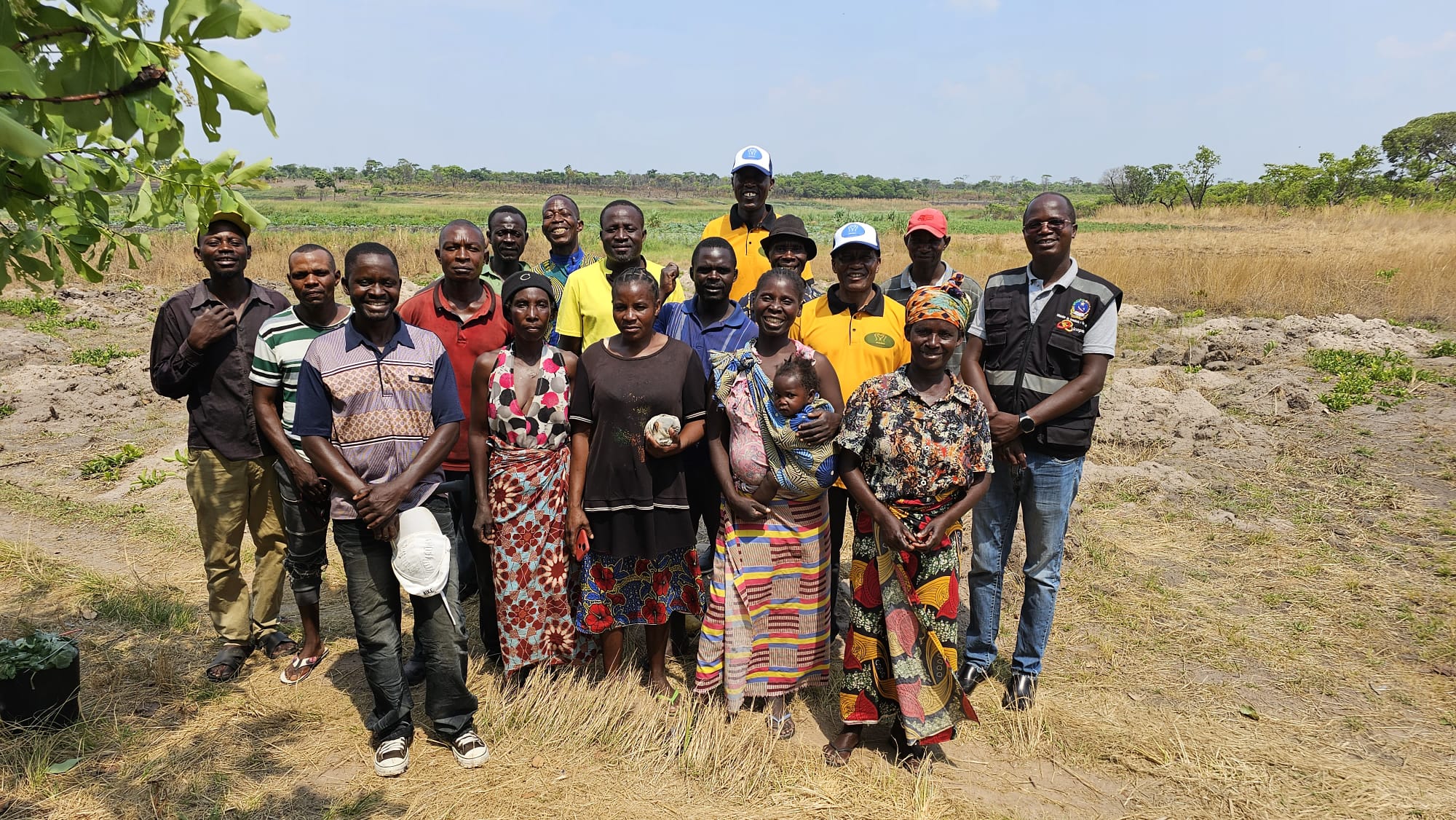Agriculture Program
background
Agriculture programs hold substantial significance in addressing food security, sustainable farming practices, and rural development in various parts of the world. These programs play a pivotal role in several ways such as enhancing Food Security, empowering Farmers, promoting Sustainability and economic Development, promoting Community Development to mention but a few. Overall, agriculture programs are instrumental in not only improving agricultural practices but also in addressing broader issues of poverty, hunger, and rural development, thereby contributing significantly to sustainable development goals at local, national, and global levels.
At Anahangola, we deeply acknowledge the pivotal role that agriculture plays in sustaining communities. Our dedicated agricultural programs are designed to empower local farmers with modern techniques, sustainable practices, and crucial access to markets. We understand that by enhancing agricultural productivity, we not only elevate food security but also make significant contributions to the economic stability of communities that depend on agriculture. Through our initiatives, we strive not just to cultivate crops but to sow the seeds of prosperity, fostering a resilient and thriving environment where communities can flourish and achieve sustainable growth.”
Achievements
- 50 Farmers supported with tomatoe and cabbage seeds
- 50 farmers trained in vegetable farming
- Food Security: Agriculture projects enhance local food production, reducing dependency on external sources and ensuring a more stable food supply for the community.
- reation of employment Opportunities
- Economic Growth: Increased agricultural productivity contributes to the growth of local economies, as surplus products can be sold in markets, generating income for both farmers and businesses.
- Sustainable Practices: Implementing modern and sustainable farming techniques can safeguard the environment, ensuring the long-term viability of agricultural activities in rural areas.
- Community Empowerment: Agriculture projects empower local communities by providing them with the skills and knowledge needed for sustainable farming practices, leading to increased self-reliance.
- Diversification of Income Sources: By promoting diverse agricultural activities, communities can reduce their reliance on a single crop or product, making them more resilient to market fluctuations and external shocks.
- Health Benefits: Access to a variety of nutritious foods from local agriculture can positively impact community health, reducing malnutrition and improving overall well-being.



